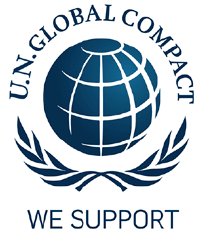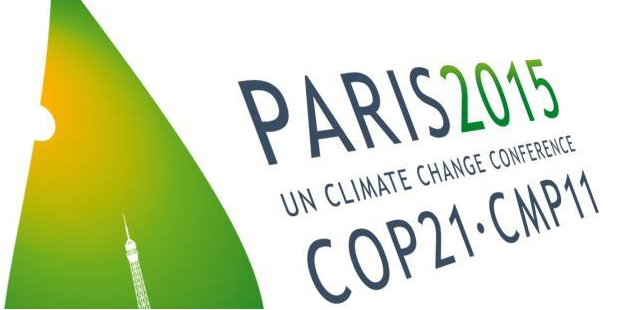Focusing on Brazil
Brazil is a country steeped in superlatives. The large and diverse geography, commodity resource-base and economic dynamism over the past quarter century have transformed the country into one of the world’s largest economies and the recipient of some of the highest levels of foreign direct investment (FDI). Although akin to other emerging markets, the pace of transition in the country over the past decade has been volatile due to a blend of domestic and external factors.
A Profound and Positive Change in Brazil Over the Last Quarter Century
Source: McKinsey and Primal Group (2015)
In spite of the headwinds Brazil faces in the short-term, the country’s future prospects remain promising.…


